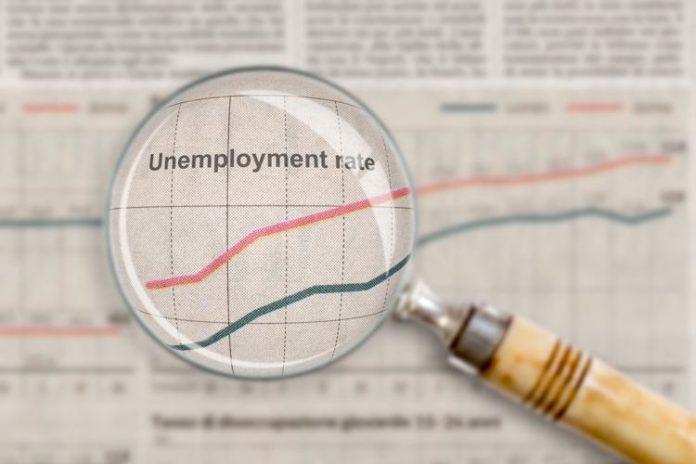The unemployment rate needs to rise in order to ease the effects of inflation, former U.S. Treasury Secretary Larry Summers says.
According to the Consumer Price Index, the annual inflation rate in the U.S. is 8.6%, the highest seen in 40 years.
To ease the effects of such high inflation rates, Summers said the unemployment rate would have to rise above 5% for five years.
“We need five years of unemployment above 5% to contain inflation – in other words, we need two years of 7.5% unemployment or five years of 6% unemployment or one year of 10% unemployment,” Summers said in a speech in London on Monday, Bloomberg reported.
The current U.S. unemployment rate sits at 3.6% for May 2022.
Summers’ comment comes as many discuss the potential for the U.S. to enter a recession.
According to a report by the Conference Board, a non-profit research group, most CEOs believe a recession is imminent.
“More than 60% of CEOs globally say they expect a recession in their primary region of operations before the end of 2023 or earlier,” the Conference Board said.
Another 15% say their regions are already in the midst of a recession.
However, the Biden administration’s opinions differ starkly from what most business leaders say.
In response to a reporter stating that most economists say a recession is “even more likely than ever,” President Joe Biden said most economists aren’t saying that.
“Not the majority of them aren’t saying that; come on, don’t make things up, OK, now you sound like a Republican politician,” Biden said. “I’m joking, that was a joke, but all kidding aside, no, I don’t think it is. I was talking to Larry Summers this morning. There’s nothing inevitable about a recession.”
Biden’s comment contrasts with what Summers said in an interview with NBC’s Chuck Todd on Sunday.
“I don’t think there are historical precedents for inflation at the rate we now have it coming down to the target the Fed has set of 2% without a recession,” Summers, an economist who served as the Treasury secretary from 1999 to 2001, said. “I think all the precedents point towards a recession.”
Current U.S. Treasury Secretary Janet Yellen’s opinions also diverge from what most business leaders and economists are saying.
“It’s natural now that we expect a transition to steady and stable growth, but I don’t think a recession is at all inevitable,” Yellen said in an interview with ABC News on Sunday.
Retail sales fell in May by 0.4%, according to estimates released by the U.S. Census Bureau, indicating a decrease in consumer spending, which could contribute to the possibility of a recession, but again, Yellen said she disagrees.
“I think consumer spending remains very strong, there’s month-to-month volatility, but overall spending is strong although patterns of spending are changing,” Yellen said. “Higher food and energy prices are certainly affecting consumers and making them change their patterns of spending, but bank balances are high.”
Republished with the permission of The Center Square.














